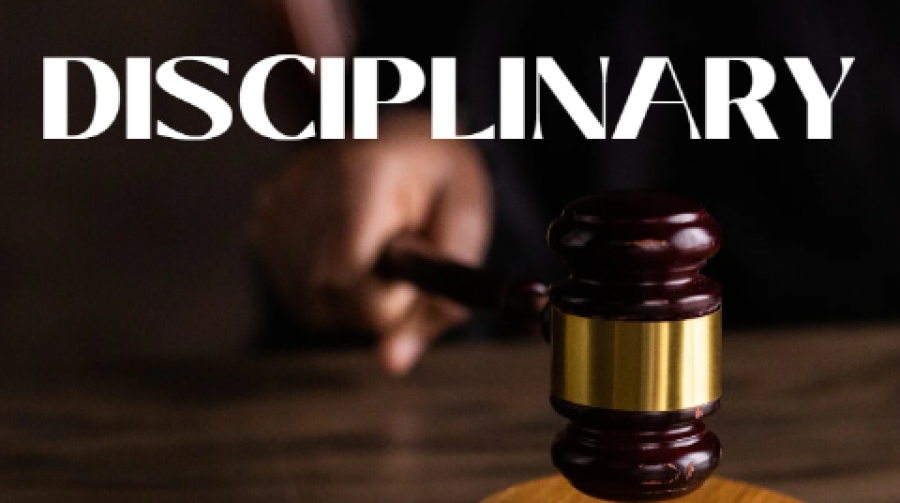Case Studies

Case Studies
Call us today for a free initial consultation on 0800 772 0341
Late intervention to help with an unfair disciplinary outcome
Published 19 June 2024

With some expert help it was a case of second time lucky for campaign manager Giles after he initially faced dismissal for missing a critical deadline at work.
Giles was considered solely responsible when the team he led missed an agreed submission date for an important project.
When Giles was invited to a disciplinary hearing he was warned the matter was extremely serious because it was damaging to the reputation of the business.
Worried Giles, who had worked for the company for four years, was informed that if the allegation was considered proven it could result in dismissal.
Giles was originally suspended from work, but he later challenged the decision asserting it was unfair and unnecessary.
The suspension was later lifted, and the disciplinary investigation took place and was concluded when Giles was back at work.
It was not the first time in his career that Giles had been invited to a disciplinary hearing.
The last one he attended resulted in him leaving his previous job with a settlement agreement.
So, he knew exactly what was at stake, which is why he exercised his right to be accompanied at the disciplinary hearing. His companion at the meeting was an experienced colleague.
Giles, with the support of his workmate, explained at the disciplinary hearing how the missed deadline was as a result of a breakdown in communication within the team, and due to the fact he was very unwell and taken ill at the time. He was eventually diagnosed with Covid, the day after the deadline was missed.
The investigating manager did not interview any members of the team about the missed deadline.
Giles insisted if his colleagues were spoken to it would be established he had left clear instructions, was not solely at fault for what happened and they would support his assertion he was unfairly being made a scapegoat.
What Giles and his companion said in response to the allegations was clearly captured and documented in the notes of the disciplinary hearing, which were transcribed from a recording of the meeting.
The response Giles presented to the allegation was not fully accepted by his employer.
The disciplinary outcome letter stressed that as a manager, it was his responsibility to ensure the team’s deadlines were met regardless.
The employer did, however, take note of representations made by Giles. This was reflected in the fact it upheld the allegation but issued him with a final written warning, rather than dismissal.
Giles was initially relieved to keep his job, but did feel aggrieved believing the warning was unfair and unduly harsh.
After receiving the disciplinary outcome in writing he was given 10 days to submit an appeal if he wished to do so.
Giles contemplated what to do and on the day the appeal deadline was due to expire, eventually decided to submit a disciplinary appeal.
It was on grounds the disciplinary outcome was unfair and too severe based on the evidence and investigation conducted.
Giles contacted our Employee Support Centre and spoke to our representative for expert help with his appeal.
Our representative reviewed the evidence and discussed the case at length with Giles.
After doing so he made a request to the employer for the five other members of the team to attend the disciplinary appeal hearing as witnesses. Arrangements were made for them to do so.
At the hearing, the witnesses provided various evidence that our representative used to assert that it was unfair to solely hold Giles responsible for what happened.
This included confirmation Giles did give clear instructions, work required by one of the team was unexpectedly delayed and there was confusion among the team about the deadline
Our representative contended the evidence showed Giles was proactive and did all he reasonably could do when extremely unwell, and the deadline was missed in circumstances beyond his control.
The failure to interview the team members before reaching a disciplinary outcome was highlighted by our representative as a flaw in the process, which helped to support his argument that it and the outcome were unfair.
A delighted Giles received a letter one week after his appeal hearing, which confirmed his appeal was successful and the warning would be removed from his record.
A reputation built on success
If you're facing any of the issues in this article - or need guidance on disciplinary, grievance, or redundancy matters - call us today. Our expert Trade Union Representatives are available to represent you in crucial workplace meetings, with pay as you need support.